Depression is an immense health issue. It’s the number one psychiatric disorder in the western world, and according to the World Health Organization, affects 300 million people globally. It’s growing in all age groups and communities so fast that if it continues to increase at its current rate, it will be the second most disabling condition in the world by 2020, just behind heart disease. Plus, depression is the leading cause of presenteeism in the U.S.
About half of people suffering from depression do not get the treatment they so desperately need. Of those who do seek treatment, most improve significantly and experience more engaged and productive lives. Many treatment options can lead to improved quality of life.
The standard of care is to find remission of symptoms and have persistent improvement in the quality of life.
Unfortunately, research shows that antidepressants, typically the first line of defense, aren’t working for all depression sufferers. A study published in the Journal of the American Medical Association reveals that 4.5 million people in the U.S. who suffer from depression don’t find relief from prescription antidepressants. And, an article authored by Michael E. Thase, MD speaks to partial response and the need to pursue the gold standard of remission.
The good news is that clinical research is uncovering new ways to treat depression. October is National Depression Awareness Month, the perfect time to raise awareness for effective treatment options. As a psychiatrist, I see firsthand the impact depression has on my patients. People come to me feeling hopeless, often saying nothing is working for them. Some describe their depression as darkness like a “black cloud,” drowning as “wave after wave comes after me,” or feeling like they’re in a “pit” from which they can’t escape.
While there are numerous efforts to increase the public’s awareness about depression, I believe there is much more work to be done. We have some fantastic advocacy groups like Mental Health America, NAMI, the Anxiety and Depression Association of America and the Depression and Bipolar Support Alliance. The work these organizations do is to be applauded, yet look at the number of people who are not aware that depression is a clinical illness and who are not getting treatment. Indeed, we have more work ahead to strengthen awareness efforts and provide a stigma-free path to exploring effective treatment options.
Common symptoms of depression include decreased concentration, motivation, interests, pleasure and drive. These symptoms impact not only work-related activities but also our personal lives. Losing a job or getting a divorce is the more obvious and visible sign. However, many things can occur due to depression that can limit our advancement, contribute to social isolation or disruptive relationships. Secondary effects such as substance abuse often used to attempt to treat the symptoms, can be disastrous.
Life is too short to live with depression and too long not to enjoy symptom relief when depression is treated. Just thinking about struggling the day-to-day struggles of depression is daunting. Plus, considering the hopelessness that is often paired with depression only compounds this misery. Living a depressed life is not a way anyone wants to live. On the flip side, when a person receives effective treatment, this can enable them to live a better, fuller life.
So, what to do?
If you feel depressed, seek out professional guidance to determine what is going on and how you can be helped. If someone you love appears depressed, encourage them to do the same. Taking this first step can be scary, but understanding that you or a loved one is very likely to feel better soon provides hope.
Treatment can be straightforward with psychotherapy and or medication, as well as lifestyle changes. Or if more resistance is present, there are outpatient treatments that may include more intensive therapy, medication combinations or Transcranial Magnetic Stimulation (TMS) therapy and inpatient procedures including hospitalization.
During my 30+ years in psychiatry practice, I have seen how effective treatments can save lives and bring people back to joy. So yes, life is too short, and life is too long to live with depression.

